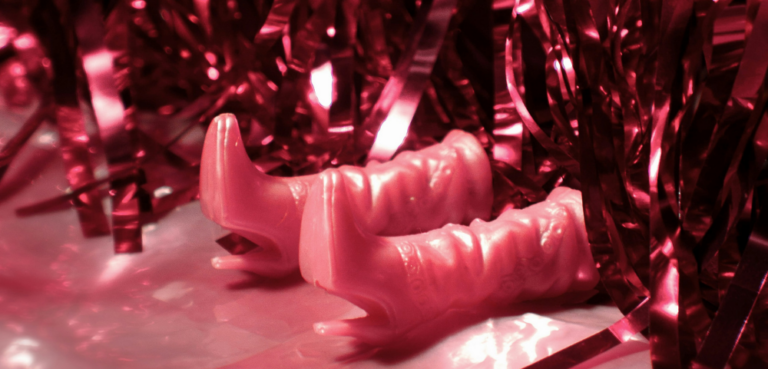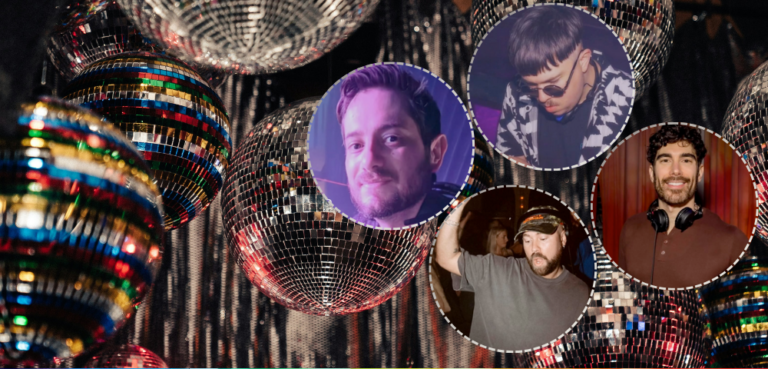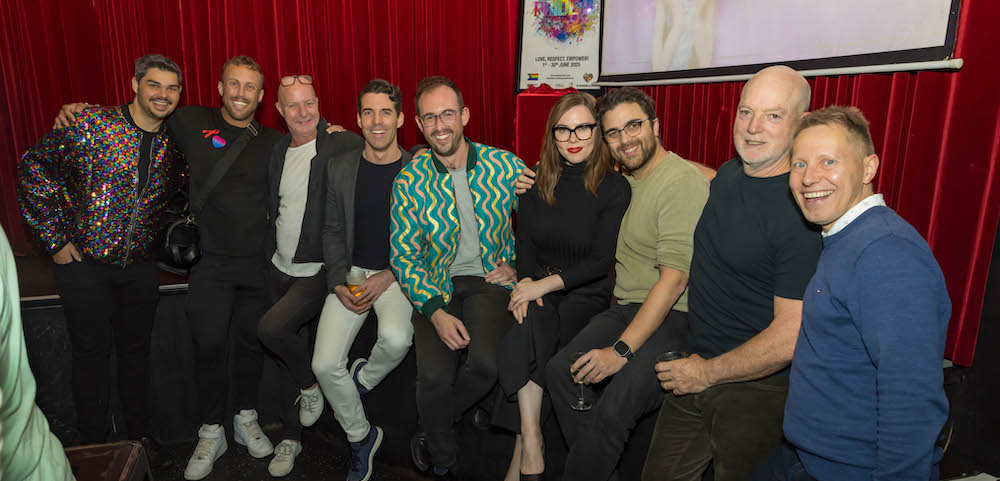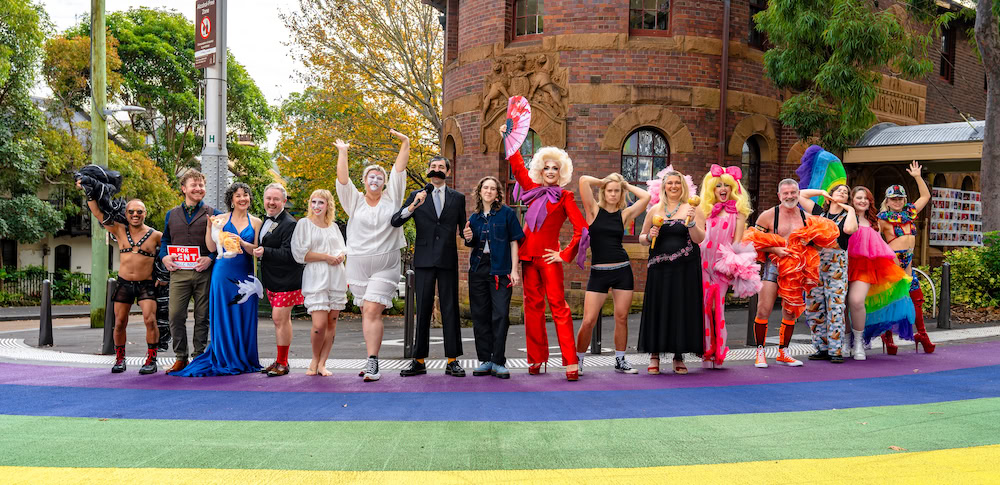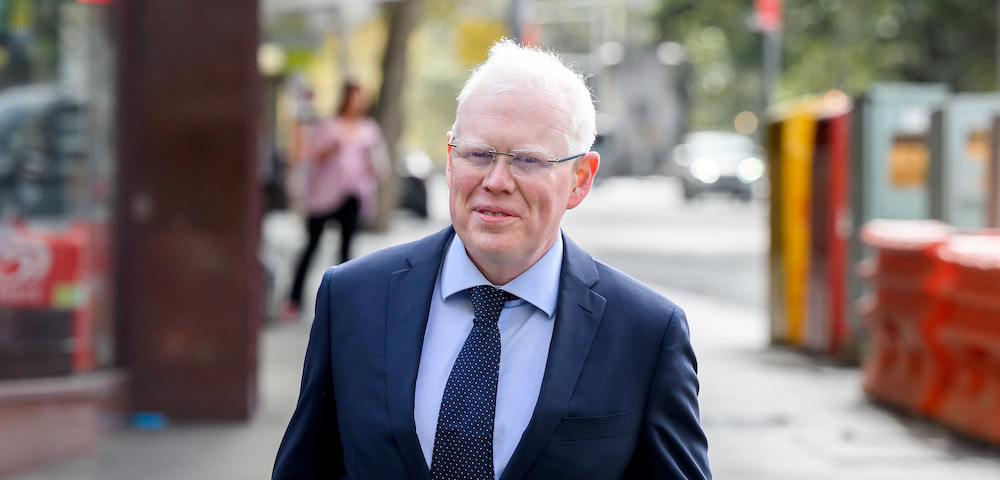
Asian stage of history’s page
The popular belief of today -“ that the global gay movement started at the Stonewall Riot of 1969 -“ will be challenged at the Queer Asian Sites conference starting this week, which will also highlight the rising popularity of Asian queer studies.
In recent years, students throughout Asia have embraced queer studies as a hot new academic field, incorporating studies of rich local gay history alongside the North American and European political landmarks.
According to Peter Jackson, ANU academic and conference organiser, the pace of student interest has far overtaken the availability of academic support.
In the West queer history/ theory really took off in the 1980s, and that phenomenon is now taking off across Asia, he says.
A generation of younger queer-identified people are not prepared to buckle under and be closeted any more, demanding to study these topics. It’s a form of activism.
Even under traditionally anti-gay governments like China’s, scholars are finding ways to study queer issues through studies into HIV/AIDS.
A couple of gay courses have started in universities in Shanghai. In such a huge country you can find ways around the system.
But Australian scholars have not been entirely immune to these challenges either.
Jackson originally created the AsiaPacifiQueer network (APQ) to combat the difficulties of conducting queer Asian research in Australia, stymied by anti-queer bias in funding bodies.
Queer studies have been minoritised in the university system, Jackson says. People submitting applications for queer projects are advised to make the title sound straight or you’ll be very unlikely to get funding.
However, after APQ hosted a number of conferences in Australia, which drew the attention of Asian scholars, Jackson noticed the need for academic support was even greater overseas.
With support from colleagues around the region, APQ organised the first international conference on Asian queer studies in Bangkok in 2005.
It was really successful, it attracted 150 papers, about 500 people from everywhere, 80 percent Asian, Jackson said.
It showcased the fact that there is a whole generation of queer scholars who really are looking for support and encouragement for their work.
Across the region -“ and this includes Japan, which you might imagine is more progressive -“ it’s often difficult for students to find a supervisor sympathetic to the topic.
While Australian universities have a long tradition of being places where one can challenge ideas, across Asia, universities are conservative.
They’re meant to follow the government line on various issues. People are not very questioning. If you’re a student in those countries it’s very difficult to challenge the status quo academically, he said.
Having an international profile, to be able to say there is such a thing as an international conference can be seen to legitimate the field.
It gives people a sense that it’s not just obscure perverted people, that it’s a serious issue.
Scholars in Asian queer studies have challenged the dominant theories coming out of North America and Europe that have left Asian history out of the gay and lesbian movements.
People have gone back and done the research and found the globally gay history does not start in New York in 1969, Jackson said.
There is a history of queers working against the grain, setting up their own distinct cultures in different countries quite independently of America and Europe and Australia.
We’ve had to develop ways of understanding queer cultures that in themselves don’t have to rely on western models. The types of theories, analyses are all from the West.
The Queer Asian Sites conference at UTS will be smaller than Bangkok, but Jackson hopes it will promote an Australian-Asia dialogue on queer issues and support more research in the future.
A lot of graduate students in Australia studying queer studies find it difficult to travel overseas, so it’s important to maintain a national network of scholars working on queer Asian issues.
The final session of the conference will focus on building queer archives in Asia, with the chief Asian librarian from the National Library of Australia speaking on preserving queer materials and collections for future generations.
In Australia there is an archive down in Canberra that preserves copies of Sydney Star Observer . But libraries do not preserve equivalent magazines or newspapers in Asian capitals.
Even in Japan, which has oodles of money compared to most Asian countries, universities are not making collections of gay material, so to look back you have to find private collectors.
Because I’m a historian, I was looking at newspapers for how Thai media had reported queer issues since World War II, Jackson said.
Jackson’s new research is looking at the Bangkok gay scene, where the first gay bars opened in the 1960s, a similar timeline to Sydney and New York.
I’m interested in how gay entrepreneurs have been important in Thailand, where there wasn’t a gay rights movement until the last few years, but they maintained a very big gay scene, he said.
How did the gay scene provide a space for the Thai queer culture to emerge? And as a side note, I’m interested in how Thai gay websites have been important in leading to new forms of networking.
Some of the papers will be looking at the role of new media and the internet in Confucian countries where people couldn’t really be very open until quite recently.
The internet came at a time when queer networking was just beginning in those countries. Basically the internet has been influential in helping the queer networks really take off in East Asia.
One of those network enablers, fridae.com, has escaped Singaporean censorship by basing its servers in America.
Fridae has been really important as a medium in the Chinese-speaking communities in South East Asia, including organising really big circuit parties.
Over 5,000 attended a party in Singapore in early 2000, until the Singaporean government banned them, so they’ve been holding them in Thailand ever since.
What’s interesting about Fridae is that the people going are from Thailand, Taiwan, Malaysia. The new middle class, the young gay yuppies, will travel, he said.
Jackson hopes this conference and others to follow will ensure future generations of scholars can explore these phenomena freely.
There’s a need for queer research to keep pushing the envelope, otherwise we’re just going back into the closet academically speaking.
Queer Asian Sites runs from 21 to 23 February at the Peter Johnson Building, UTS. Late registrations, with special discounts for students and NMG members, are available. Bookings on 6125 3142, further details at the Queer Asian Sites website.

